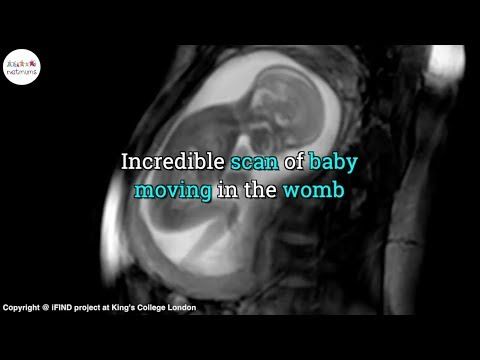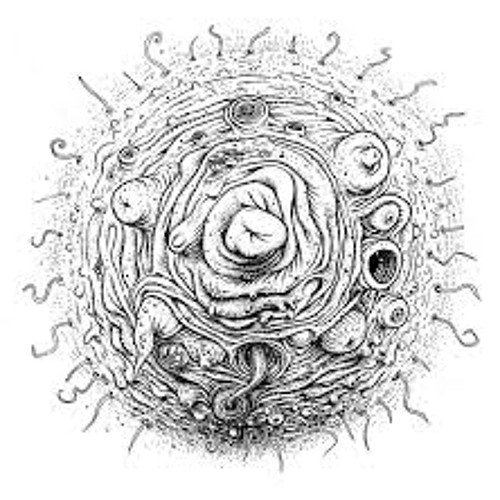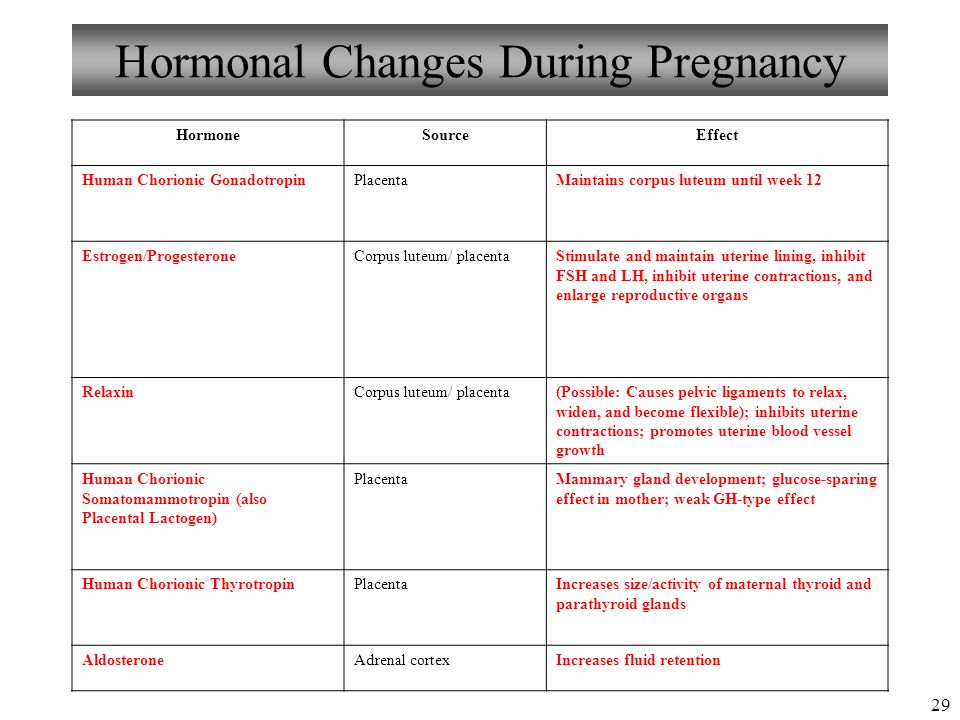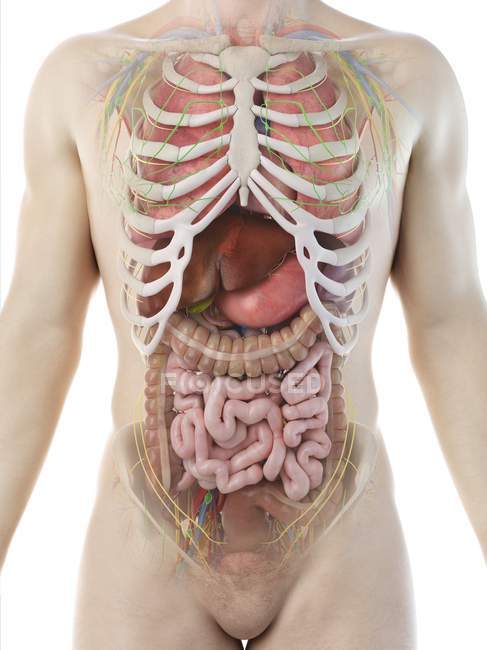How often does baby sleep in womb
Do Babies Sleep in the Womb?
If you’re subscribed to a pregnancy newsletter (like ours!) one of the highlights is seeing the progress that your little one is making each week.
Knowing that they’re currently growing little ears or that they’ve started to blink helps you to connect with the tiny human you’re waiting to welcome into the world.
As the pregnancy progresses, you’ll likely see familiar routines start to develop. Maybe it seems your little one is very active each evening as you’re cuddling on the couch with your partner. Or your surrogate might mention that she wakes up each morning to tiny kicks and flutters.
You may wonder whether this means your baby is sometimes asleep and sometimes awake. You may wonder what they’re aware of while inside the womb. We’ve checked out the research to give you answers to these questions and more.
Yes. In fact, as far as we can tell, babies spend the majority of their time in the womb sleeping. Between 38 and 40 weeks gestation they’re spending almost 95 percent of their time sleeping.
Less is known about sleep during early fetal development. Technology has limits, even now. Most of the studies on fetal sleep early in pregnancy rely on examining rapid eye movement, a feature of REM sleep. Sometime during the seventh month of fetal development the first rapid eye movements are observed.
Studies of sleep demonstrate that there are four stages: the first two are lighter sleep, while the second two represent deep, healing sleep.
In addition, there’s REM sleep, which begins about 90 minutes into a sleep cycle. This stage is characterized by a rise in breathing, blood pressure, and heart rate. The eyes move quickly and brain waves are similar to those of someone who is awake. This is the stage where you are likely to dream.
As mentioned, there are limits to what researchers can learn about fetal sleep, but based on what we understand about sleep in general, it is possible that babies are dreaming during REM stages. As to what they’re dreaming about, we can’t know for sure.
But some could argue that they must be dreaming about food, based on the intensity of those pregnancy cravings, right?
Researchers have used a variety of methods to study fetal sleep behaviors.
Researchers in a 2010 study tracked fetal heart rate and found that the results demonstrated regular sleep and waking patterns.
In a 2008 study, researchers used fetal electrocardiographic (FECG) recordings to compare the same subjects both in utero and as newborns. They tracked four states — quiet sleep, active sleep, quiet waking, and active waking. Each state was identified by eye movements, heart rate, and movement.
They found that there were similarities in the sleep patterns established in utero, but that newborns who had spent more fetal time sleeping showed more mature sleep patterns as newborns, meaning that they slept less than they had pre-birth.
That being said, don’t expect your little one to be a great sleeper just because they don’t wake you up all night during pregnancy. While newborns still tend to spend most of their time sleeping, they should be waking for feedings every few hours around the clock.
While newborns still tend to spend most of their time sleeping, they should be waking for feedings every few hours around the clock.
Researchers in a 2009 study turned their attention to fetal sheep to understand the earliest sleep patterns that are harder to study in human subjects. Brain activity in the fetal sheep showed patterns of behavior that suggested early, immature sleep cycles.
Sleep isn’t just about rest and dreaming, of course. A small 2018 study of premature infants showed that movement during REM sleep helps them to process their surroundings and sparks brain development.
Much of the research on sleep that’s available focuses on the effects of a lack of sleep, but what evidence we do have indicates that sleep is an important factor for brain development and overall health.
Your baby’s brain begins to develop as early as 1 week after conception. In the early weeks the brain, along with other important organs, is growing in size but is not well-defined.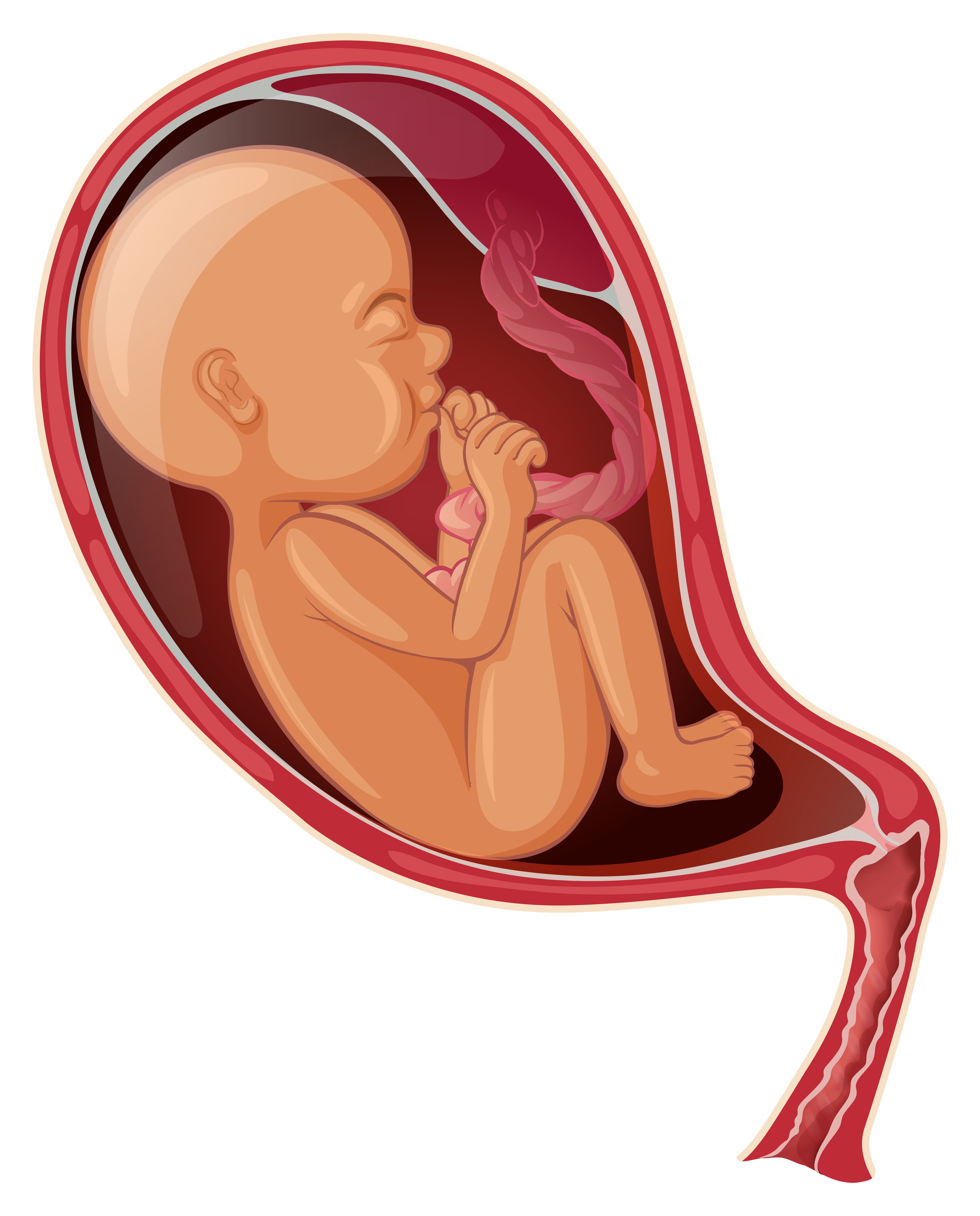 As the weeks move on it grows in both size and complexity.
As the weeks move on it grows in both size and complexity.
Taste buds begin to develop in the first trimester. Flavors and smells from mom’s diet are present in amniotic fluid.
Movement begins long before you’re able to feel it (usually around 20 weeks). While you may not be aware of all movements, your fetus likely moves around 50 times or more in an hour. These movements don’t necessarily mean that they’re awake though — they move during both sleeping and waking cycles.
The structure of the middle ear develops in the second trimester. Around week 25 or 26, your baby may demonstrate signs that they recognize your voice.
So while your little one may spend most of their time in utero sleeping, much is happening at the same time. Even in their dozing state they are developing their senses and an awareness of their surroundings and preparing for their big debut.
Do Babies Sleep in the Womb?
If you’re subscribed to a pregnancy newsletter (like ours!) one of the highlights is seeing the progress that your little one is making each week.
Knowing that they’re currently growing little ears or that they’ve started to blink helps you to connect with the tiny human you’re waiting to welcome into the world.
As the pregnancy progresses, you’ll likely see familiar routines start to develop. Maybe it seems your little one is very active each evening as you’re cuddling on the couch with your partner. Or your surrogate might mention that she wakes up each morning to tiny kicks and flutters.
You may wonder whether this means your baby is sometimes asleep and sometimes awake. You may wonder what they’re aware of while inside the womb. We’ve checked out the research to give you answers to these questions and more.
Yes. In fact, as far as we can tell, babies spend the majority of their time in the womb sleeping. Between 38 and 40 weeks gestation they’re spending almost 95 percent of their time sleeping.
Less is known about sleep during early fetal development. Technology has limits, even now. Most of the studies on fetal sleep early in pregnancy rely on examining rapid eye movement, a feature of REM sleep. Sometime during the seventh month of fetal development the first rapid eye movements are observed.
Sometime during the seventh month of fetal development the first rapid eye movements are observed.
Studies of sleep demonstrate that there are four stages: the first two are lighter sleep, while the second two represent deep, healing sleep.
In addition, there’s REM sleep, which begins about 90 minutes into a sleep cycle. This stage is characterized by a rise in breathing, blood pressure, and heart rate. The eyes move quickly and brain waves are similar to those of someone who is awake. This is the stage where you are likely to dream.
As mentioned, there are limits to what researchers can learn about fetal sleep, but based on what we understand about sleep in general, it is possible that babies are dreaming during REM stages. As to what they’re dreaming about, we can’t know for sure.
But some could argue that they must be dreaming about food, based on the intensity of those pregnancy cravings, right?
Researchers have used a variety of methods to study fetal sleep behaviors.
Researchers in a 2010 study tracked fetal heart rate and found that the results demonstrated regular sleep and waking patterns.
In a 2008 study, researchers used fetal electrocardiographic (FECG) recordings to compare the same subjects both in utero and as newborns. They tracked four states — quiet sleep, active sleep, quiet waking, and active waking. Each state was identified by eye movements, heart rate, and movement.
They found that there were similarities in the sleep patterns established in utero, but that newborns who had spent more fetal time sleeping showed more mature sleep patterns as newborns, meaning that they slept less than they had pre-birth.
That being said, don’t expect your little one to be a great sleeper just because they don’t wake you up all night during pregnancy. While newborns still tend to spend most of their time sleeping, they should be waking for feedings every few hours around the clock.
Researchers in a 2009 study turned their attention to fetal sheep to understand the earliest sleep patterns that are harder to study in human subjects. Brain activity in the fetal sheep showed patterns of behavior that suggested early, immature sleep cycles.
Brain activity in the fetal sheep showed patterns of behavior that suggested early, immature sleep cycles.
Sleep isn’t just about rest and dreaming, of course. A small 2018 study of premature infants showed that movement during REM sleep helps them to process their surroundings and sparks brain development.
Much of the research on sleep that’s available focuses on the effects of a lack of sleep, but what evidence we do have indicates that sleep is an important factor for brain development and overall health.
Your baby’s brain begins to develop as early as 1 week after conception. In the early weeks the brain, along with other important organs, is growing in size but is not well-defined. As the weeks move on it grows in both size and complexity.
Taste buds begin to develop in the first trimester. Flavors and smells from mom’s diet are present in amniotic fluid.
Movement begins long before you’re able to feel it (usually around 20 weeks). While you may not be aware of all movements, your fetus likely moves around 50 times or more in an hour.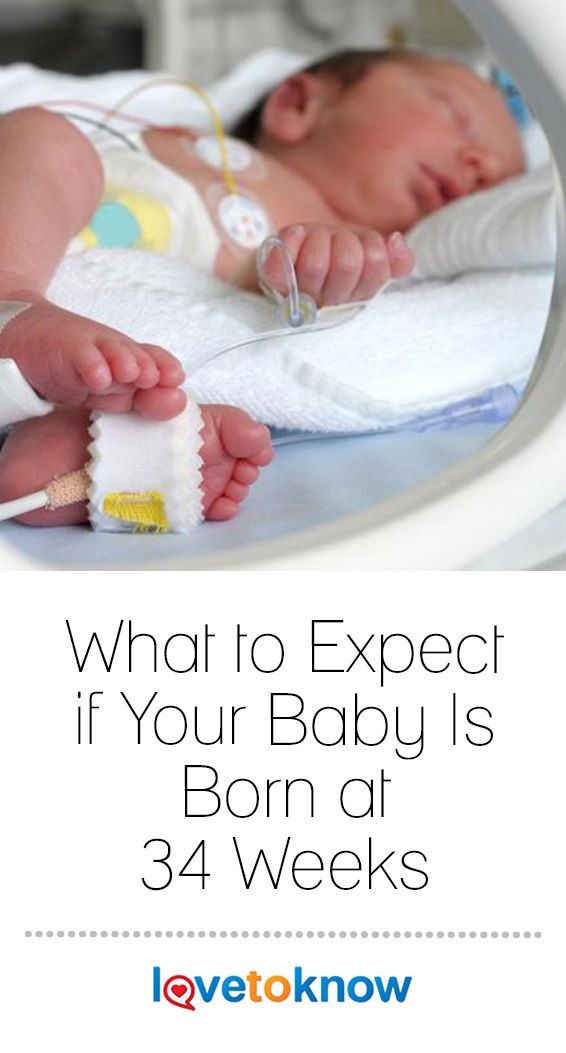 These movements don’t necessarily mean that they’re awake though — they move during both sleeping and waking cycles.
These movements don’t necessarily mean that they’re awake though — they move during both sleeping and waking cycles.
The structure of the middle ear develops in the second trimester. Around week 25 or 26, your baby may demonstrate signs that they recognize your voice.
So while your little one may spend most of their time in utero sleeping, much is happening at the same time. Even in their dozing state they are developing their senses and an awareness of their surroundings and preparing for their big debut.
21 weeks
20 weeks Week 22
The fetus is viable
So, the moment has come when the fetus, according to neonatologists, is already viable. His skin is covered with folds, since the layer of subcutaneous tissue is still small. Taste buds begin to form on the tongue of the fetus, so that it will soon begin to distinguish taste. There is an additional protection against infections - there is a production of leukocytes in his body.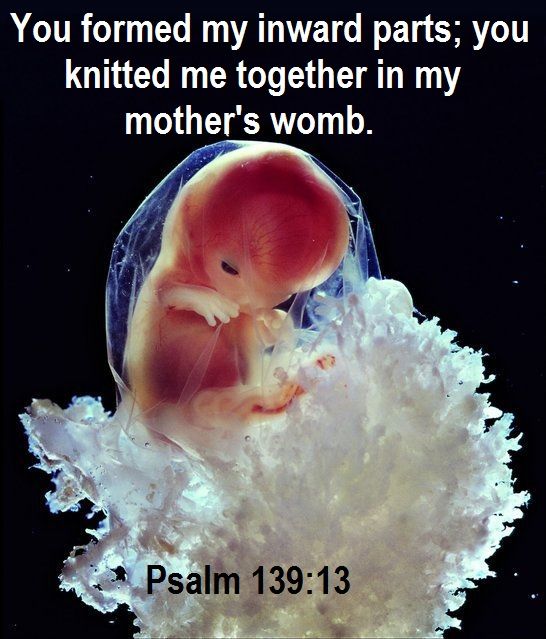
Feel every movement
The position of the baby in the uterus is constantly changing: either head down, then buttocks, then across. The fetus sleeps less - about 16-20 hours. Every movement is now quite tangible and seems to have become more conscious. There is truth in this feeling, as the brain becomes more and more developed. If you observe the activity of the fetus, you will notice that its mobility changes more than a dozen times a day. During sleep, the child calms down, and even his heart rate slows down a little. As already mentioned, the period of calm at this time is approximately 16-20 hours a day. But too active stirring during the day when the mother is calm or, conversely, reduced activity in the mother's mobile state, moreover, noticeable less than four times in one hour, should alert the pregnant woman - and she better see a doctor. The reasons for this behavior can be different: hypoxia (lack of oxygen to the tissues of the fetus), entanglement of the umbilical cord around the baby, or other reasons. They need to be identified and treated if necessary. The placenta continues to thicken and is 22.8 mm. The fetal heartbeat can be heard in a comfortable position.
They need to be identified and treated if necessary. The placenta continues to thicken and is 22.8 mm. The fetal heartbeat can be heard in a comfortable position.
How a woman feels
The woman still feels the tension of the ligaments on the sides of the growing uterus. Sometimes this feeling is uncomfortable. The pressure of the uterus on the intestines increases, constipation appears, with which the mother has already learned to cope. Stretch marks on the abdomen should not bother: after giving birth, after some time, do abdominal exercises, use special creams - and they will disappear. And now they can be lubricated with neutral, odorless oils and wear a bandage for pregnant women. Discharge from the genital tract should be with a sour smell, a little thicker than usual. With the appearance of bloody or very liquid profuse discharge, with pulling pains in the lower abdomen, it is necessary to call an ambulance and go to the maternity hospital. If necessary, you need to go to the preservation of pregnancy in the pathology department.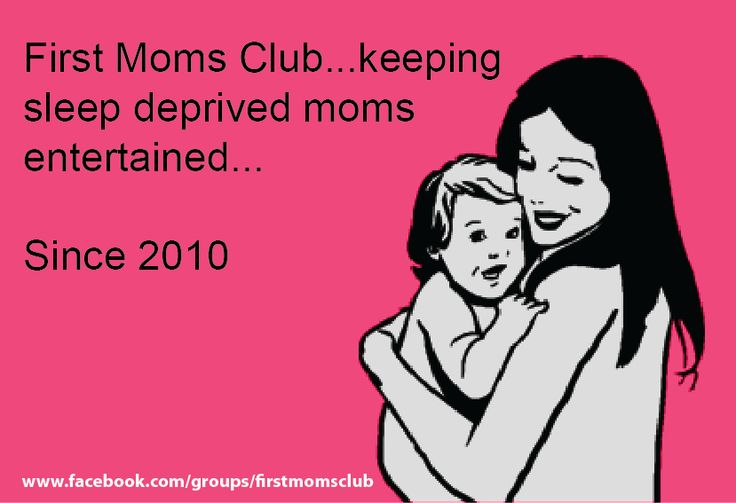 Approximately hospital treatment lasts 2-3 weeks.
Approximately hospital treatment lasts 2-3 weeks.
Nutrition
The diet of pregnant women is fundamentally different in that it should be high in calories - 3,000 kcal per day. And if you are used to cooking food in a certain way that goes against the recommendations, namely: despite the advice, fry, salt abundantly, pepper, smoke and use other not the most healthy cooking methods, then now you need to readjust - and cook, stew , steam, be sure to undersalt and do not pepper all dishes. Otherwise, the likelihood of edema will increase, and the fetus will suffer from them. The very same food you need to try to take in small portions and not eat up before bedtime.
The stomach does not interfere with the future mother in her actions. She does breathing exercises, walks and enjoys new sensations.
What does a child do in the mother's womb, how does it develop when the mother sleeps
Pregnancy and childbirth
During the second pregnancy, a woman already listens to the baby, because she is interested in how he behaves there, how he prepares for the appearance in this world.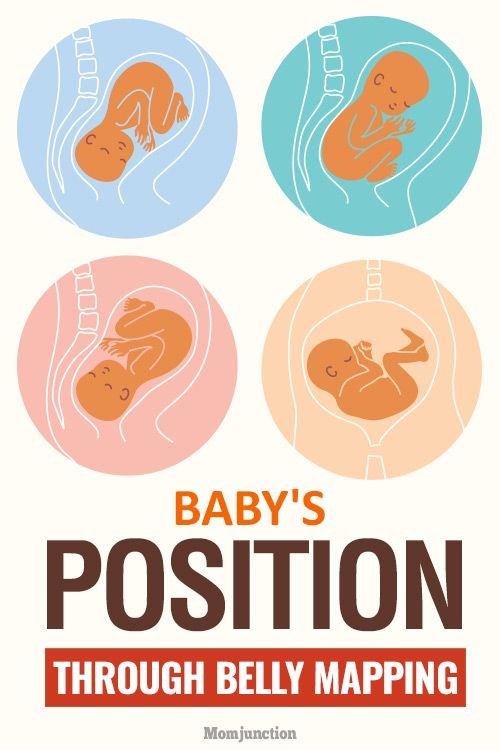 During the entire pregnancy, there is an active growth and development of the fetus, and how it feels depends largely on the mother.
During the entire pregnancy, there is an active growth and development of the fetus, and how it feels depends largely on the mother.
How the fetus develops
Four weeks after fertilization, a tiny creature emerges from a small cell with a beating heart. At 12 weeks, tiny hands with nerve points on each finger form in the fetus, and facial features become more expressive. During this period, the baby is already beginning to express his feelings on a small face and feel the emotional state of the mother.
A child in the womb receives all the necessary substances for development, growth, including oxygen - through the umbilical cord
- Photo
- Getty
Being in the womb, the baby reacts to everything that happens around him, he hears the work of the mother's internal organs, and he feels her mood. Sounds play a special role in the development of the fetus, so pregnant women are advised to listen to soothing music, sing a lullaby and read fairy tales. It is especially necessary to do this constantly after 25 weeks, because by this time the hearing organs are fully developed.
It is especially necessary to do this constantly after 25 weeks, because by this time the hearing organs are fully developed.
Communicate with the baby in a quiet environment, stroking the belly in a circular motion - the gentle touch of the mother is very important for the baby.
The baby reacts actively to heavy music, abrupt movements of the mother, loud blows or a quarrel between the parents. This can cause great harm to the unborn baby and lead to miscarriage or premature birth.
What the baby is doing
After 20 weeks, the baby already actively begins to show his emotions and reacts to the mother's mood. Therefore, a woman should engage in positive deeds and maintain a calm mood.
The future mental development of the child largely depends on the nervousness of the woman during the entire period of pregnancy. All the emotional feelings of the mother, the baby feels because of the hormones that are present in the body.
How the baby develops at different times is observed with the help of ultrasound
- Photo
- Getty Images
The baby is able to silently inform his mother that he is hungry, moving or strong jolts. The baby receives all the nutrients through the placenta, if there is a sharp clamp in the body, then the baby lacks the necessary nutrition or oxygen.
The future psyche of an infant is greatly influenced if a pregnant woman has been under stress for a long time. A child can grow up closed, and adaptation in society will be difficult for him.
It is extremely important for a pregnant woman to eat right and not to abuse smoking, strong tea and spicy foods - this makes the amniotic fluid bitter, which is very harmful for the baby, as the amniotic fluid absorbs the taste of food.
An amazing connection
There is an amazing connection between mother and baby, because he always reacts to any change in the emotional state of a woman. If the mother is in a good mood, then the child is also happy, because despite the fact that the baby is in the womb, he can not only smile, but also cry.
When the mother sleeps, the baby usually sleeps too. But if he is uncomfortable, if he feels discomfort, he will definitely let you know about it with light pushes.
When carrying a child, you should not get upset over trifles and even more so cry. Experts recommend avoiding loud sounds, refraining from watching horror and action movies, and not listening to too loud and heavy music.
A pregnant woman should try to control her emotions and not forget that the baby feels everything. The development of a child in the womb is a wonderful and mysterious process, and a woman during this period requires as much love, attention and care as possible.